
Get Out of Debt

You don’t need a finance degree to transform your money—it’s 80% behavior and 20% head knowledge. Get the plan and budget you need to help you take control for good.
In just 15 minutes, EveryDollar helps you find thousands in margin and builds you a personalized plan to make the most of your money.
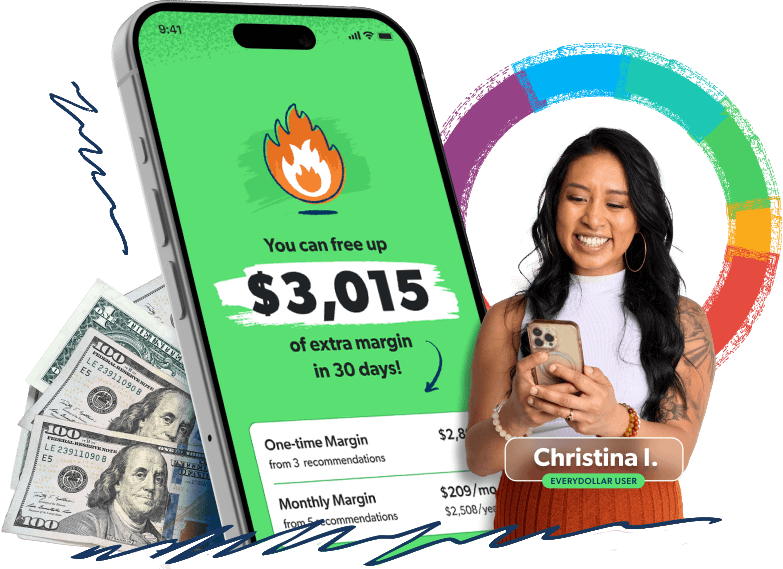
You work too hard to feel this broke! Get the tools that give your budget a purpose—and start winning with money.
The 7 Baby Steps are the proven plan that gives your budget the power to transform your money. Answer a few questions and find out which step you’re on.
Don’t settle for being “normal” with money. Get tips and action steps to help you make the most of every dollar.
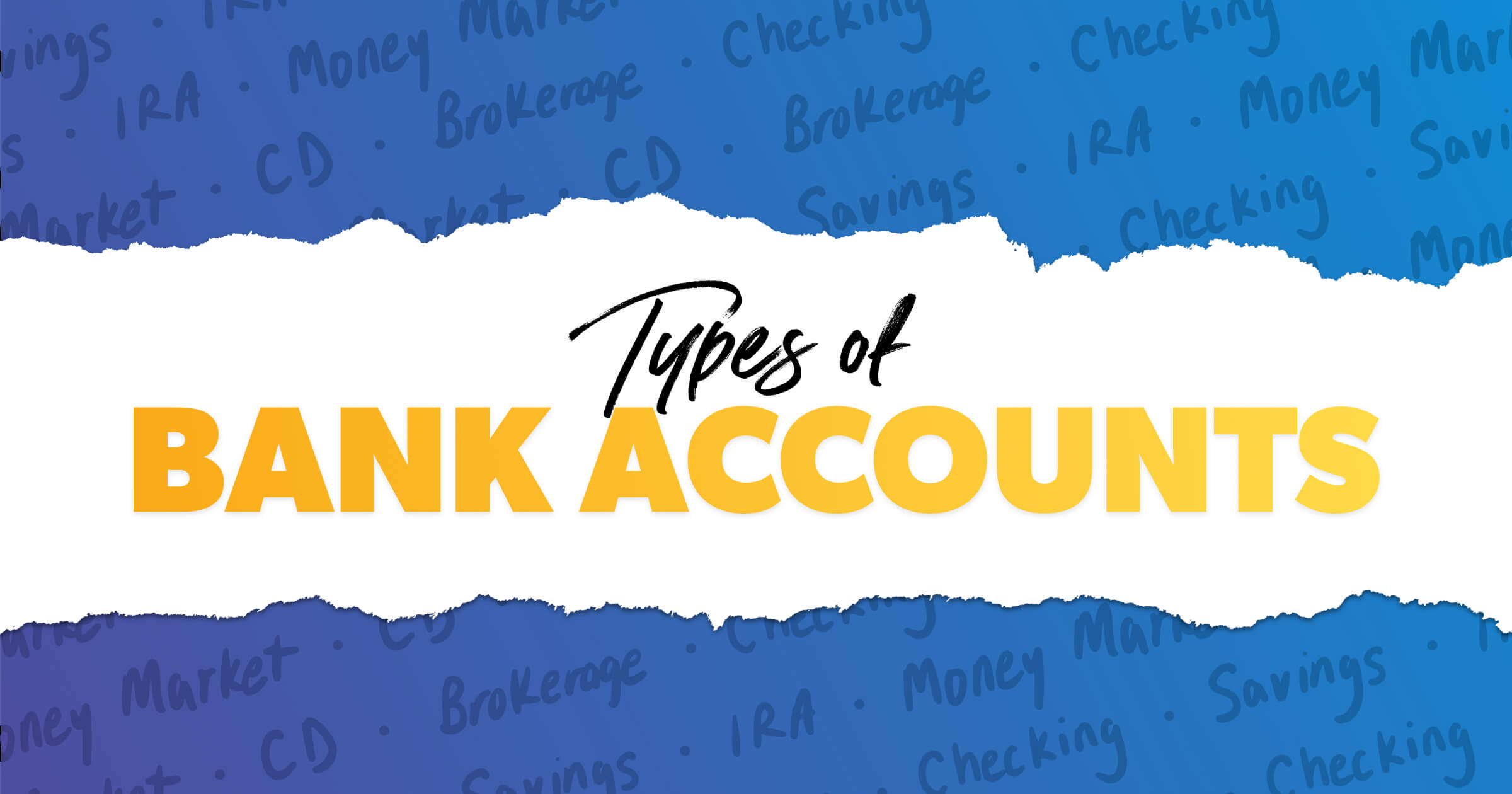
The best type of bank account is the one that helps you take control of your money and meet your money goals faster. Find out what type of bank accounts are out there so you can pick the best one for you.
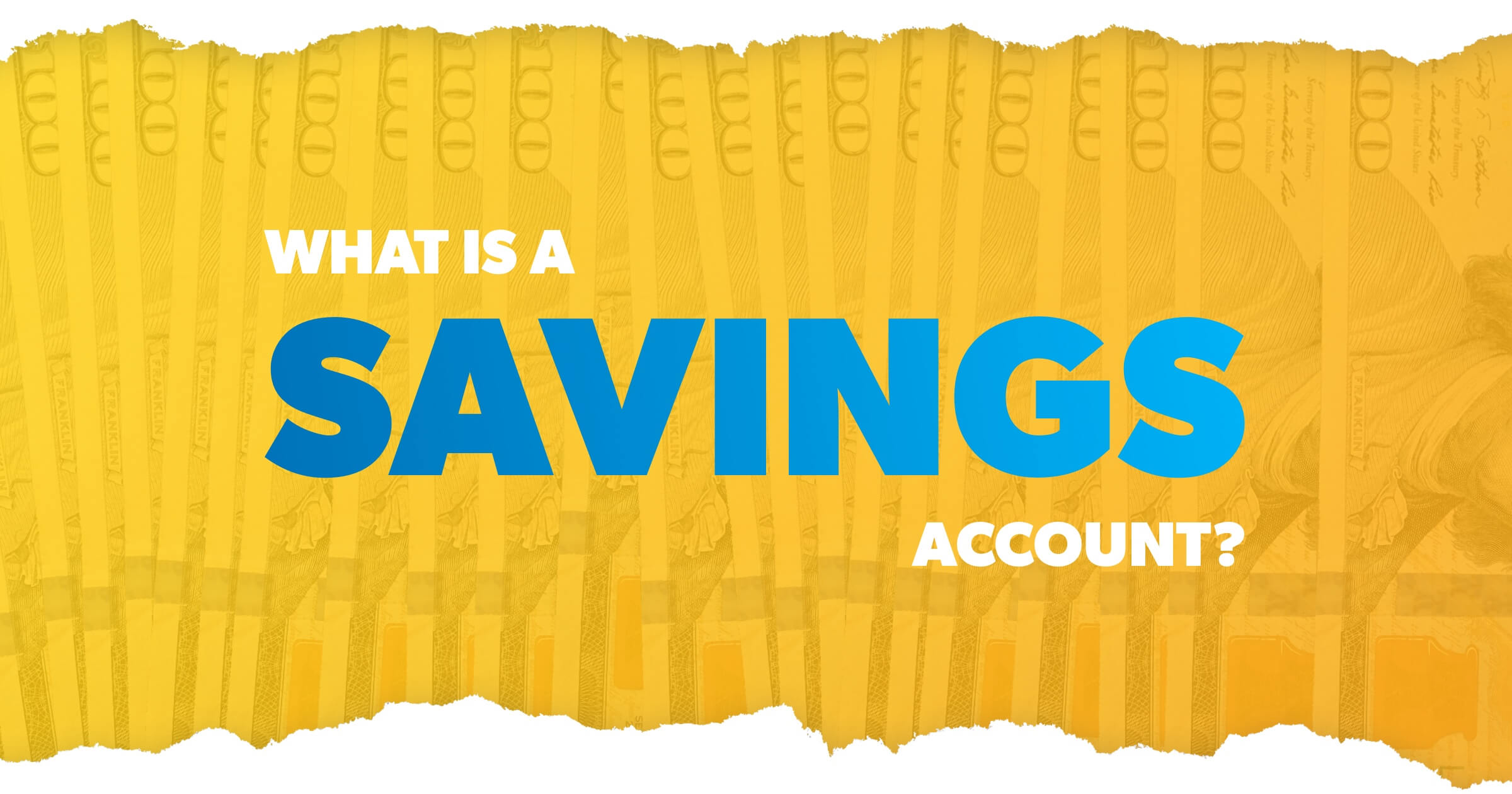
Is a savings account worth having? Well, apart from encouraging you to—well—save, it’s a way to help you focus on a positive financial future for you and your family.

Switching banks isn’t as easy as switching on a light, but it’s not rocket science either. The biggest hurdle is taking time to complete all the steps. We’ll walk you through it.
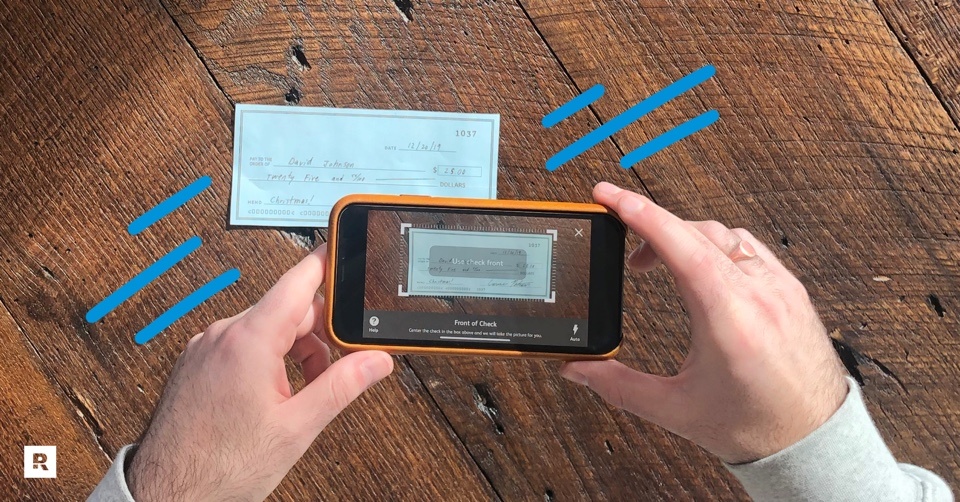
Just like brick and mortar banks, online banks can get robbed. But when you do your homework, you can choose one you can trust. We’ll show you how to keep your money safe.
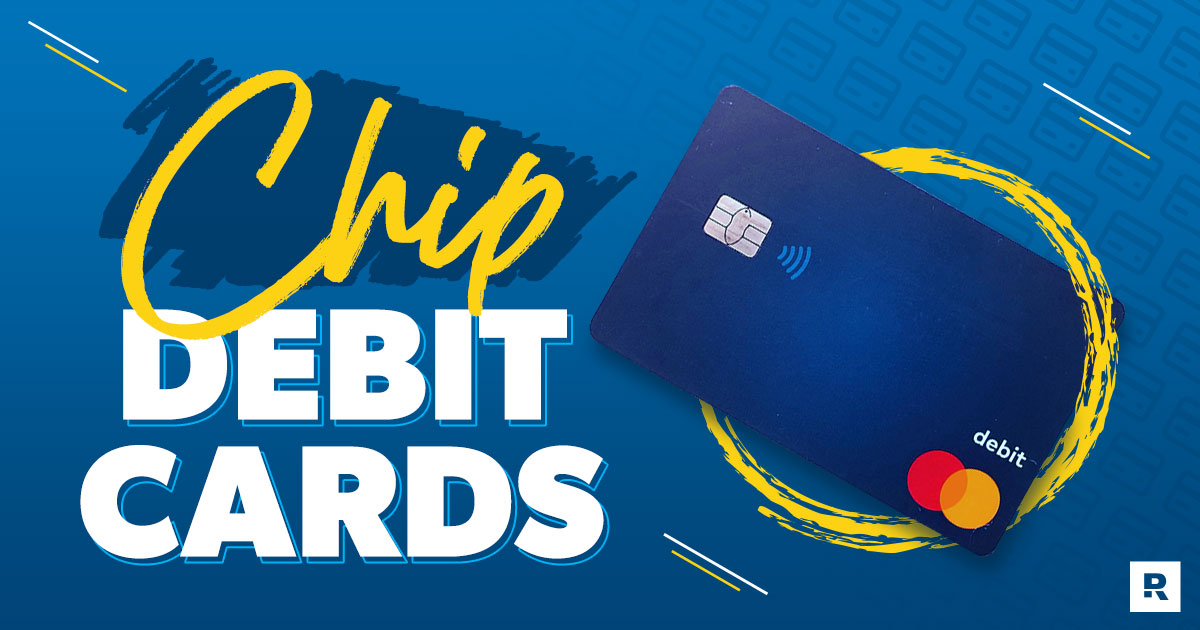
There's a lot of confusion going on around the new EMV chip debit cards. Here's an in-depth look at what the chip debt cards are, the history behind their creation, and how this affects you.
Join our team of experts as they answer tough questions from real people about budgeting, saving, getting out of debt and building wealth.
A budget is a simple plan for your money—helping you breathe easier and reach your goals.
Filter what episodes and topics you want to hear using the Ramsey Network app.
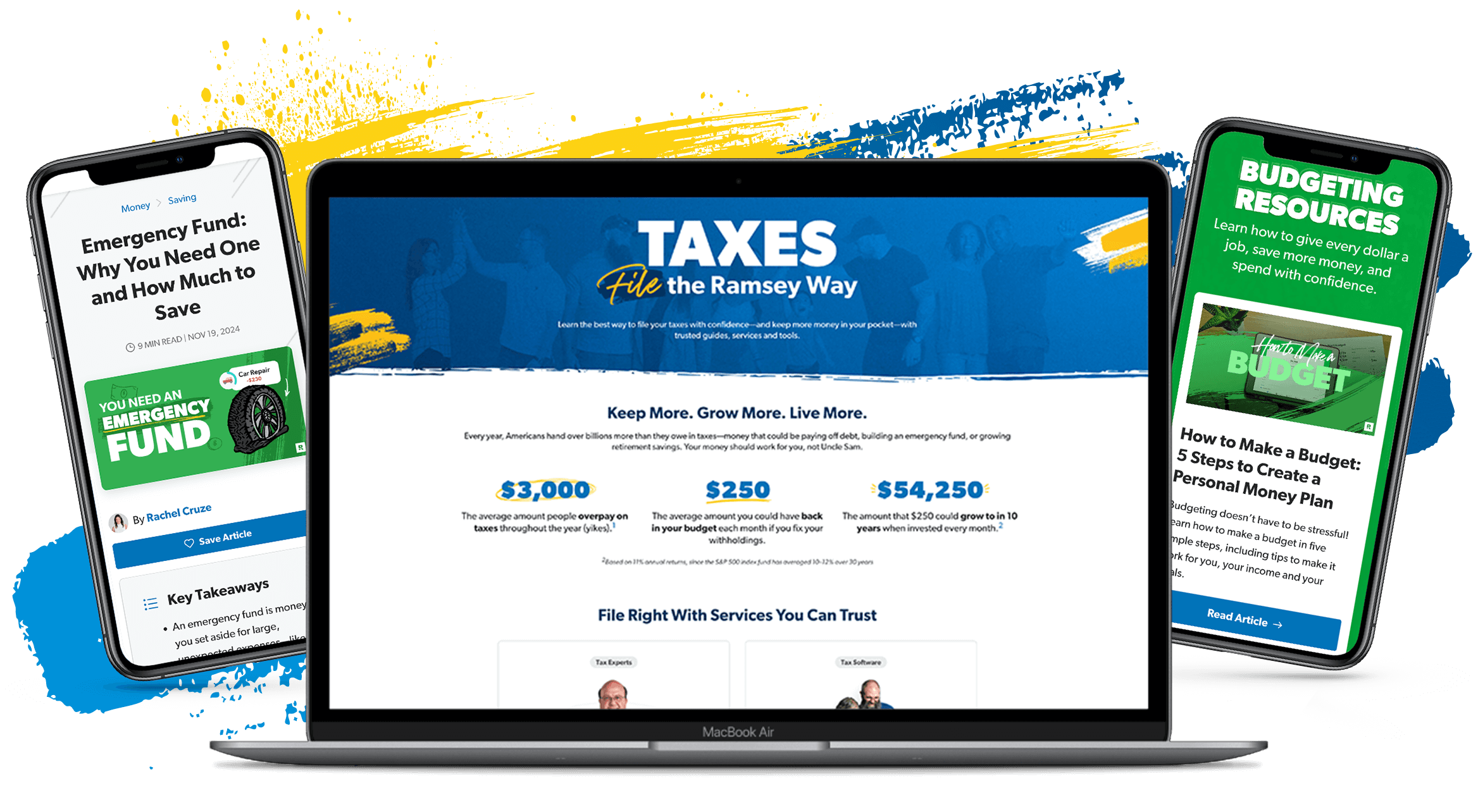
Every week, receive expert guidance and practical steps to help you stay on track with your goals and create a strong financial future.

Step 1: Save $1,000 for your starter emergency fund.

Step 2: Pay off all debt (except the house) using the debt snowball.

Step 3: Save 3–6 months of expenses in a fully funded emergency fund.

Step 4: Invest 15% of your household income in retirement.

Step 5: Save for your children’s college fund.

Step 6: Pay off your home early.

Step 7: Build wealth and give.